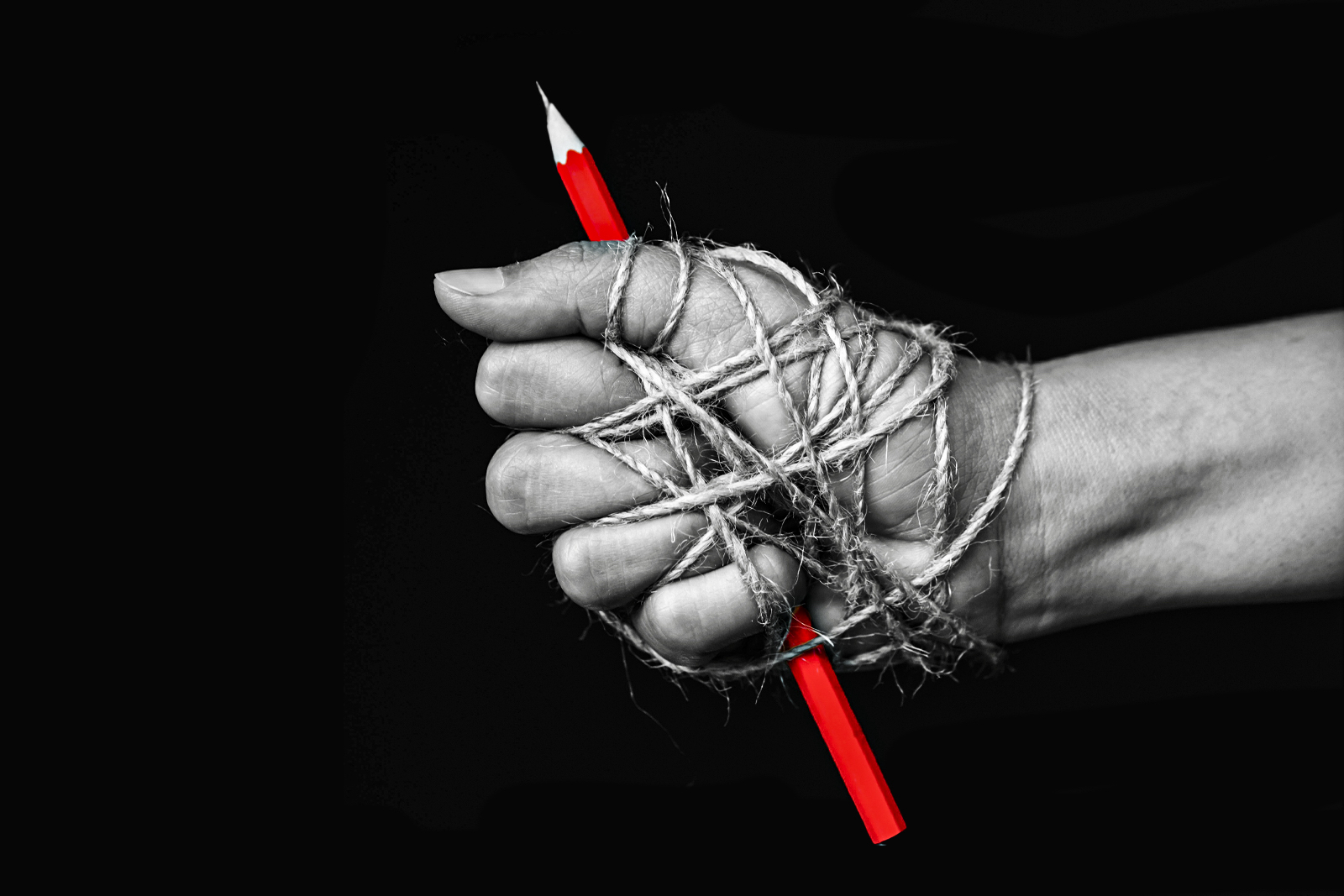
Media
Stop Media Ban Files Petition Against Moldova’s Media Crackdown
May 3rd marks World Press Freedom Day, declared by the United Nations General Assembly to remind governments of their duty to respect and uphold the right to freedom of expression. The latter is secured and universally recognized by Article 19 of the Universal Declaration of Human Rights.
Moldova is a prime example of a country which aims for European membership yet fails to comply with the internationally recognized right to freedom of expression. Since 2022, media freedoms in Moldova have been rapidly declining. The government banned the broadcasting rights of 6 opposition TV channels. This pattern continued during 2023, with over 20 additional media outlets banned and hundreds of journalists prevented from carrying out their work.
The restrictions on media coincided with regional elections in Moldova with the ambition to silence opposition press. This was criticized by the OSCE, which noted that: “Moldova’s local elections were calm and efficiently managed with candidates mostly able to campaign freely, but the broad powers of the government commission for exceptional situations were used to restrict freedom of speech and association as well as the right to stand, while interference from abroad and widespread allegations of vote buying throughout the campaign were of concern.”
The restraints on media as well as problems with the independence of the judiciary and state corruption were highlighted in a recent report by the U.S. State Department. In its annual Moldova Country Report on Human Rights, the U.S. State Department lists several violations relating to media restraints including:
Serious restrictions on freedom of expression and media, including censorship and the enforcement of or threat to enforce criminal libel “laws” to limit expression. Serious restrictions on Internet freedom. Substantial interference with the freedom of peaceful assembly and freedom of association, including overly restrictive “laws” on the organization, funding, or operation of nongovernmental organizations and civil society organizations.
The report further highlights that, due to corruption and political influence compromising the judiciary’s independence, journalists encounter barriers in their pursuit of truth and justice. The lack of equal application of the law undermines public trust and perpetuates a climate of uncertainty, hindering the media’s role as a watchdog of democracy.
On this World Press Freedom Day, Stop Media Ban reaffirms its unwavering commitment to defending the fundamental right to freedom of the press.
For this reason, Stop Media Ban is launching a petition addressing European institutions calling on the government of Moldova to reverse hostile policies and recommit to defending press freedom as a fundamental human right and a cornerstone of democracy.
Moldova, in its quest to join the European Union, is facing critical reforms to uphold the rights of its citizens, particularly in safeguarding the freedom of opinion. As an EU candidate, the country is under pressure to adopt substantial measures to protect journalists and media workers, ensuring their ability to function unimpeded as vital conduits of information and truth.
One such measure is the implementation of the European Media Freedom Act, which is emerging as a cornerstone of Moldova’s commitments in its journey toward EU membership. This Act is crucial not only for aligning with European standards but also for strengthening the foundations of democratic governance and public accountability in Moldova.

